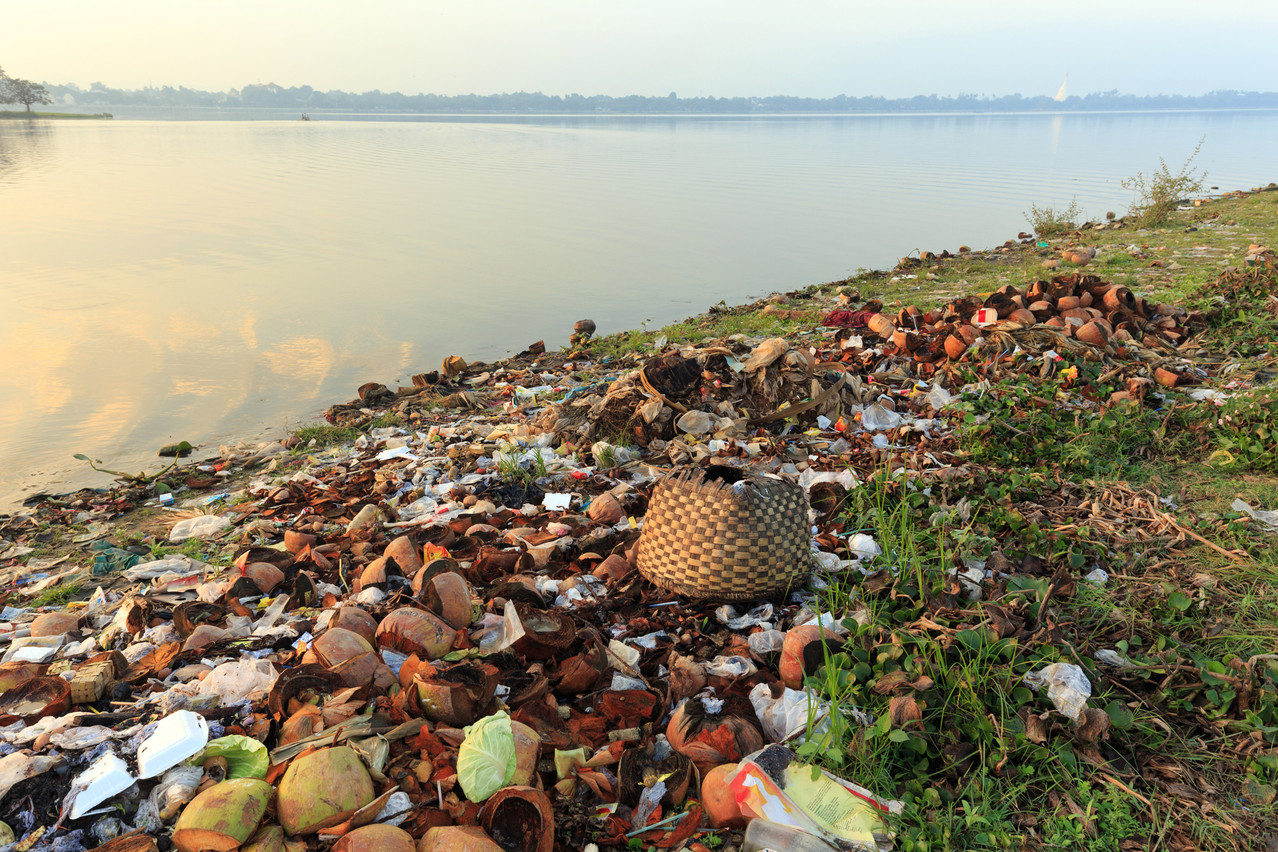The United Nations Food Waste Index 2021 report states that 1.3 billion tonnes of food are lost or wasted each year worldwide. That's one third of all the food produced globally, a staggering figure that would provide enough food for more than 1.2bn people.
At the same time, the number of people lacking food in the world is increasing, and is now estimated at around 800m. More and more venture capitalists are investing in startups that offer technological tools to reduce food waste. , according to the annual report of specialist agency DigitalFoodLab.
French investment company Agro Invest specialises in investing in small and medium-sized companies in the food and agri-business sector. In 2021, the startup Too Good to Go raised €25m to give new life to unsold food, mainly in the USA, where it wants to expand. On the same principle, in Luxembourg, (Food for All), winner of the 2019 startup stories, is one to keep and eye out for.
It is involved in the fight against food waste by offering supermarkets the possibility of recovering products that are close to their expiration date and placing them in a specific section, and an application allowing consumers to find out the ecological impact of their action.
An agri-food investment can generate the very first revenues after three to five years, so it is a long-term investment. This type of investment can also be part of environmental portfolios launched by large companies and can benefit an unexpected economic segment: the fight against food waste.
Food waste: a problem of the rich
According to a study conducted by Clément Maclou, senior manager for the future of food at ODDO BHF Asset Management, there are two main sources of food waste. Firstly, food waste itself (problems in supply chains and harvests) which is often unintentional, and secondly, culturally driven food waste, due to the aesthetics of the product being considered unsellable.
According to figures reported by Oddo BHF Asset Management, the total amount of food wasted represents 220kg per person per year, or more than $2,000 per American consumer. All product categories are affected by food waste (fruit and vegetables, cereals, but also meat and poultry).
If we look at it by country, it is not surprising that the most populous countries waste the most, such as China, India, Europe and the United States, while sub-Saharan Africa and South and South-East Asia are at the bottom.
The waste of this huge amount of food is not only a driver of global undernourishment, it is also a major environmental problem. According to the United Nations, if food loss and waste constituted a country, it would be the world's third largest emitter of greenhouse gases after China and the United States, accounting for 8-10% of global emissions.
Two official indications to measure food waste
According to Maclou, the companies that position themselves in the fight against this scourge constitute interesting long-term investment opportunities offered by companies operating along the entire value chain. Especially since they now have two official ways of measuring the level of food waste.
The (Food and Agriculture Organization) Food Loss Index, or FLI, calculates food losses between the production and distribution phases. This index measures the percentage change in losses for a basket of ten main products per country, compared to a reference period. The United Nations is behind the Food Waste Index (FWI), a methodology for countries to measure food waste at the household, food service and retail levels.
Maclou advises investing in food companies that are proactive in waste management and those offering concrete solutions to help reduce it. “Our basket of companies exposed to the issue of food waste should thus benefit from long-term growth, offering visibility and attractiveness to our ‘Future of Food’ strategy,” he says in his latest publication.
The focus is on companies or startups that are moving away from chemical food preservatives (Corbion, and its Irish competitor Kerry listed on the London and Dublin stock exchanges, are among them) and companies offering healthy and sustainable packaging such as the MDAX-listed German giant GEA Group.
These opportunities, he says, are reinforced by the tightening regulations, which unsurprisingly also provide a framework for the issue. The United Nations has announced its ambition to halve per capita food waste by 2030. The US Department of Agriculture and the European Union (EU) have decided to commit to these targets.
This story was first published in French on Paperjam. It has been translated and edited for Delano.
